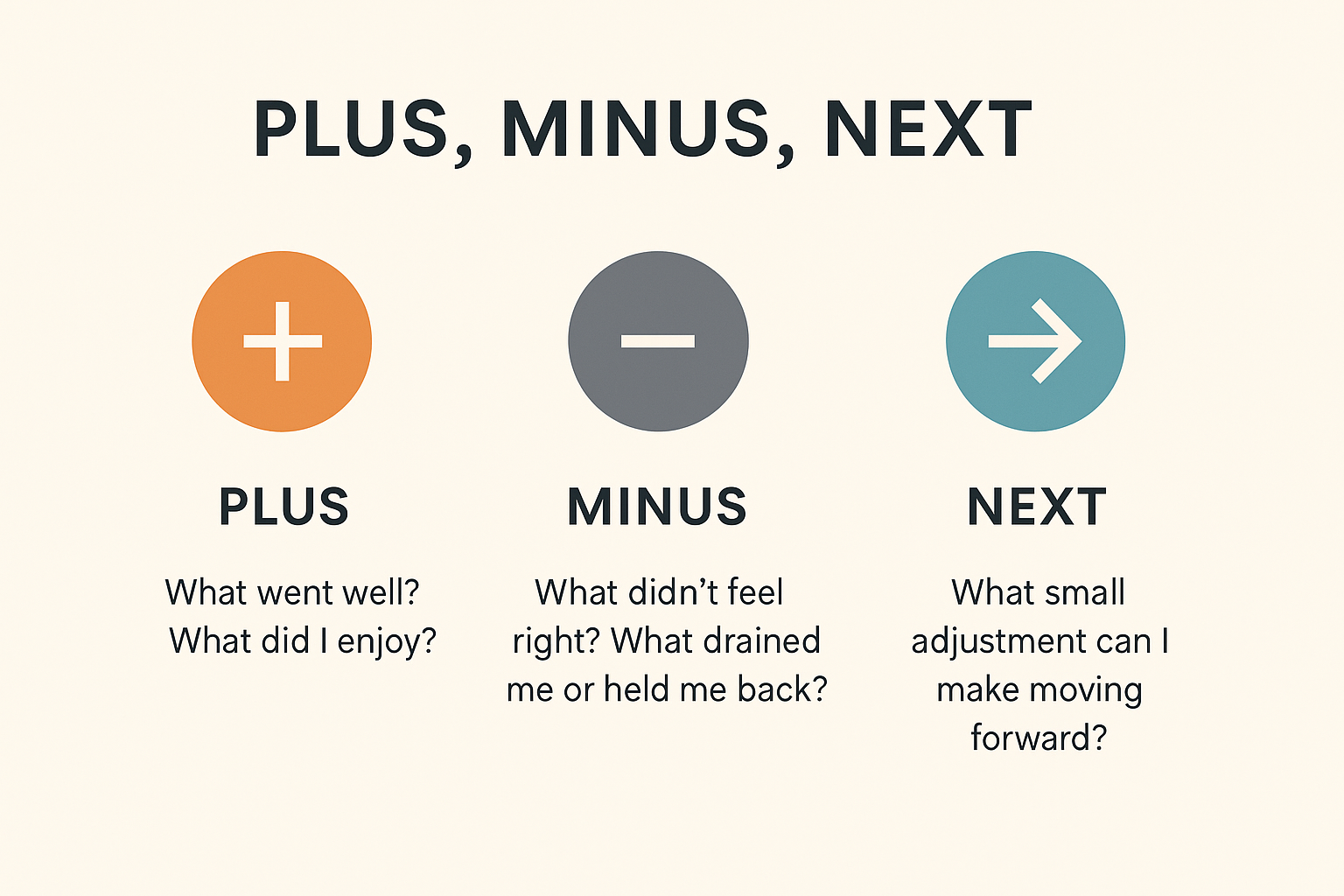Tiny Experiments, REACT: Growth Through Loops, Not Lines - Part 5
After learning how to ACT mindfully through intentional imperfection, progress over perfection, and reframing procrastination, it’s time to turn to the third part of Tiny Experiments: REACT.
REACT is all about growth, not as a straight climb up a ladder, but as a looping, spiraling path of trial, error, reflection, and refinement. Growth doesn’t come from knowing exactly what to do; it comes from being willing to explore what works, even when the path is foggy.
Trial & Error in a Complex World
In a world where cause and effect aren’t always clear, and where complexity often defies predictability, trial and error outperforms rigid plans. This idea echoes Nassim Taleb’s insight: in a non-linear system, adaptability beats control.
Instead of planning every step with perfect precision, Tiny Experiments encourages us to move, pause, reflect, adjust, and try again. With each loop through this cycle, we learn a little more and grow a little stronger.
Growth becomes an upward spiral, not a straight line.
The Power of Metacognition
To learn from our loops, we need more than just action, we need metacognition, or thinking about our thinking. It’s what allows us to:
-
Evaluate past choices with clarity
-
Recognize patterns in how we act and react
-
Understand the invisible influences shaping our behavior
-
Make intentional changes, not just reactive ones
This kind of reflective awareness is like upgrading your brain with a Swiss Army knife. It helps you navigate complexity, uncertainty, and change with flexibility and insight.
Natural pauses, like long walks, meditative chores, journaling before bed, or even quiet moments in prayer, are powerful ways to access this metacognitive state. They give your mind space to shift between focused thinking and diffuse, creative processing (a concept beautifully explored in Learning How to Learn by Barbara Oakley).
It’s not about how much you know or how “productive” you are, it’s about knowing how you think, and how to direct that thinking with care.
A Simple Tool: Plus, Minus, Next
To bring this self-awareness into daily life, the book introduces a wonderfully simple and effective tool: Plus, Minus, Next.
At the end of your day (or week), ask yourself:
-
Plus: What went well? What did I enjoy?
-
Minus: What didn’t feel right? What drained me or held me back?
-
Next: What small adjustment can I make moving forward?

Not every plus or minus needs a “next”, only what feels worth following up. This tool isn’t about constant optimization, it’s about intentional adaptation.
With this loop of small experiments, honest reflection, and gentle iteration, you start building momentum, not from force, but from flow.
Making Good Mistakes
Mistakes are no longer failures. In this mindset, they’re information. Signals. Feedback. Good mistakes are the ones that help you learn. When we combine metacognition with action, our experiments become evolutionary. We move, reflect, adapt, and repeat.
With trial and error, intentional reflection, and the gentle structure of Plus, Minus, Next, we can grow infinitely, not toward perfection, but toward understanding and alignment.
Coming next
In the next part of REACT, we’ll dive into making better decisions: how to choose which PACTs to continue, which to pause, and which to gracefully pivot.
Until then, take a moment to pause. Breathe. Reflect on your own loops. And remember: growth doesn’t come from knowing, it comes from noticing.